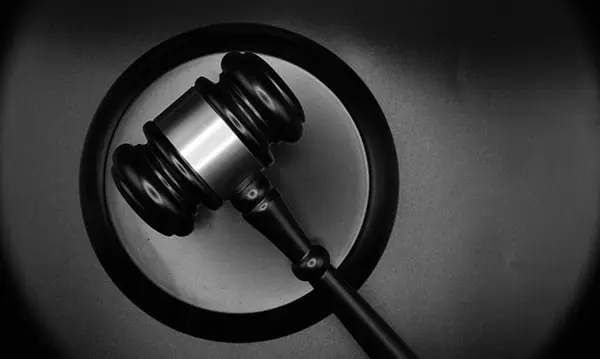The Sigma Chi fraternity at the College of Charleston faces a significant $10 million lawsuit after former pledge Jaxson Lovelace and his family filed claims alleging severe hazing practices within the fraternity’s Iota Epsilon chapter. The lawsuit, filed in February 2024, also names the College of Charleston and multiple fraternity members. The details in the complaint describe both physical and psychological abuse, shedding light on broader issues surrounding fraternity hazing, campus culture, and legal accountability.
Overview of Allegations
Lovelace joined the Iota Epsilon chapter of Sigma Chi during the spring of his freshman year in 2023, hoping to connect with peers. However, his experience reportedly deviated sharply from his expectations. According to court documents, Lovelace endured intense physical and psychological hazing, including forced excessive alcohol consumption, drug use pressure, and various forms of physical assault. Specific incidents include being kicked, having a cap gun fired next to his ear, and enduring bottles and cans thrown at him. The alleged hazing inflicted such trauma that Lovelace developed symptoms consistent with post-traumatic stress disorder (PTSD), ultimately leading him to withdraw from the college and lose scholarship funds.
Legal Grounds of the Lawsuit
The lawsuit against Sigma Chi and the College of Charleston centers around claims of negligence, gross misconduct, and failure to protect students from foreseeable harm. By filing for $10 million in compensatory and punitive damages, the plaintiffs seek accountability for the physical and mental harm Lovelace endured. Legal experts note that this case could set a precedent for fraternity liability, as it highlights the school’s and fraternity’s responsibilities to provide a safe environment for students. South Carolina law considers hazing a criminal offense, meaning that if Sigma Chi members are found responsible, they could face both civil and criminal repercussions.
The College and Sigma Chi’s Response
In response to the lawsuit, the College of Charleston and Sigma Chi headquarters took immediate steps to address the allegations. The college placed the fraternity under a cease-and-desist order in early 2024, halting all chapter activities while investigations proceeded. Sigma Chi’s national organization expressed strong disapproval of hazing and implemented disciplinary measures, including a suspension of social activities until 2025. Both the college and Sigma Chi’s national headquarters have underscored their commitment to a safe campus environment, yet this case reveals gaps in their ability to prevent such incidents proactively.
The Broader Context of Fraternity Hazing
This lawsuit against Sigma Chi is part of a disturbing trend of hazing incidents in fraternities across the U.S., where physical and emotional abuses during initiation rites have led to multiple injuries and even fatalities. Advocates for hazing reform argue that Greek organizations must overhaul their practices and implement stricter guidelines for member initiation to protect students. The cultural pressure and peer dynamics within fraternities often normalize hazing, making it difficult for pledges to report abuse for fear of ostracism. Lawsuits like this one are critical in prompting organizations to re-evaluate their practices and prioritize student safety over tradition.
Potential Outcomes and Implications
The legal proceedings could have significant repercussions for fraternity operations at the College of Charleston and potentially nationwide. If the plaintiffs succeed, Sigma Chi may face extensive financial penalties and new oversight requirements, including the need to undergo rigorous hazing prevention programs. Furthermore, universities could impose stricter regulations on Greek life organizations to limit hazing risks, potentially enforcing mandatory educational sessions on hazing, stricter monitoring, and zero-tolerance policies with more severe consequences.
For students, the outcome may lead to a safer fraternity environment where initiation practices respect their well-being and autonomy. Lawsuits like this are vital to raising awareness about hazing’s psychological and physical dangers, pushing for a cultural shift within Greek organizations toward safer, more inclusive practices.
Conclusion
The $10 million lawsuit filed by Jaxson Lovelace and his family represents more than a legal challenge to Sigma Chi; it signals a need for deep reform in fraternity culture. As the case progresses, it underscores the risks associated with hazing, the legal obligations of fraternities and universities, and the importance of fostering safe environments for students. Whether through punitive measures or cultural change, the ultimate goal remains to eradicate harmful hazing practices and ensure that college experiences are defined by mutual respect and safety. This case may serve as a turning point, encouraging other institutions to adopt stronger safeguards against hazing, ensuring that future pledges like Lovelace are protected from such trauma.


